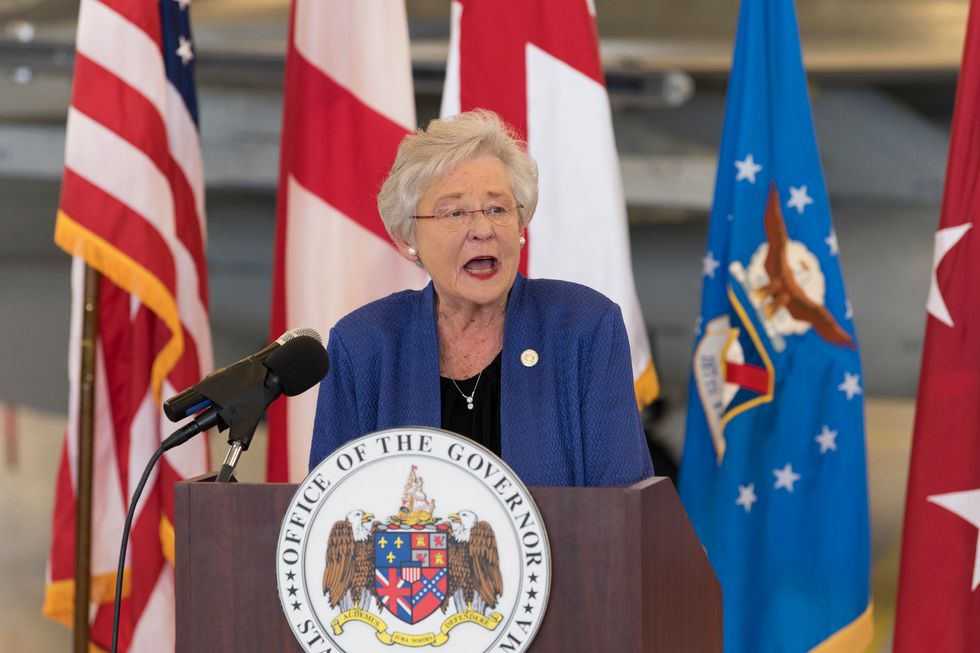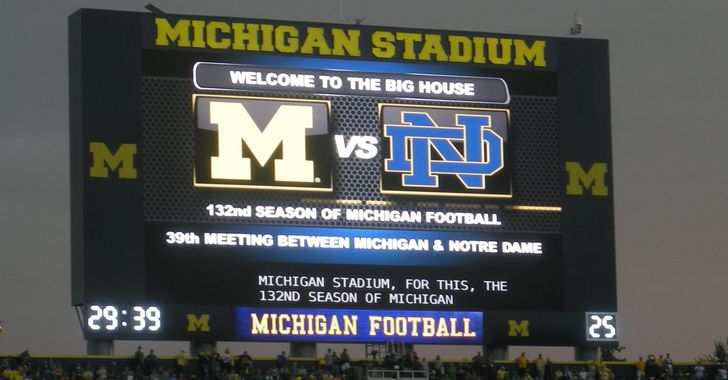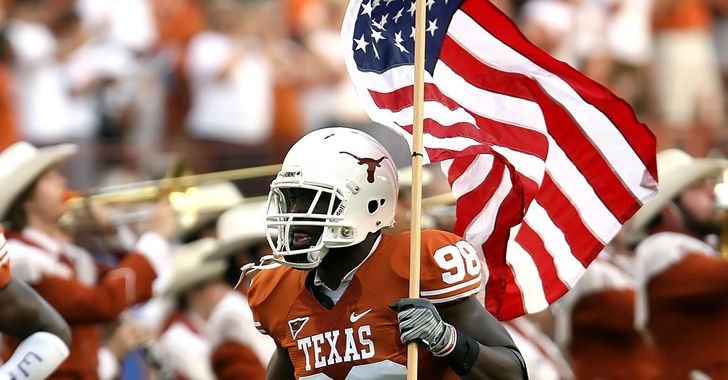In May of 2019, Gov. Kay Ivey signed the "Alabama Human Life Protection Act," the abortion bill that sparked a media firestorm and shocked all of Alabama. Ivey knew that this bill may be impossible to enforce due to the Supreme Court's famous Roe v. Wade decision, but she signed it anyway.
More recently, Governor Kay Ivey signed a bill — House Bill 379 — that dictates that sex offenders whose victims are younger than 13 undergo a chemical castration treatment. HB 379 also states that offenders must pay for the treatment themselves.
Essentially, the treatment prevents the production of testosterone and other hormones that promote a regular sex drive. In a nutshell, the treatment starts a month before the inmate is released from prison, and once released, if they stop the treatment, they will be held accountable for a parole violation and will immediately be sent back to prison.
The bill was sponsored by Rep. Steve Hurst. Hurst says that he takes this bill seriously, and he hoped that it would pass. He wants to take the initiative and make the bill "better."
Hurst says he became passionate about this when he was receiving phone calls and e-mails from people all over the world that were sexually abused.
Multiple states have had bills like this come through legislation. Most have ruled it as cruel and unusual punishment in reference to the Eighth Amendment. Alabama knows that an abortion law like the one Ivey signed in May cannot go unaccompanied by something that will hold sex offenders accountable.
Is the government trying to right their wrongs? Or, are they following what they think is sincerely best for the state of Alabama. It's up to you to decide and vote accordingly. Remember, your right to vote is the greatest right that you can exercise. Sign up to vote in the state of Alabama here.









 Photo by
Photo by 









































